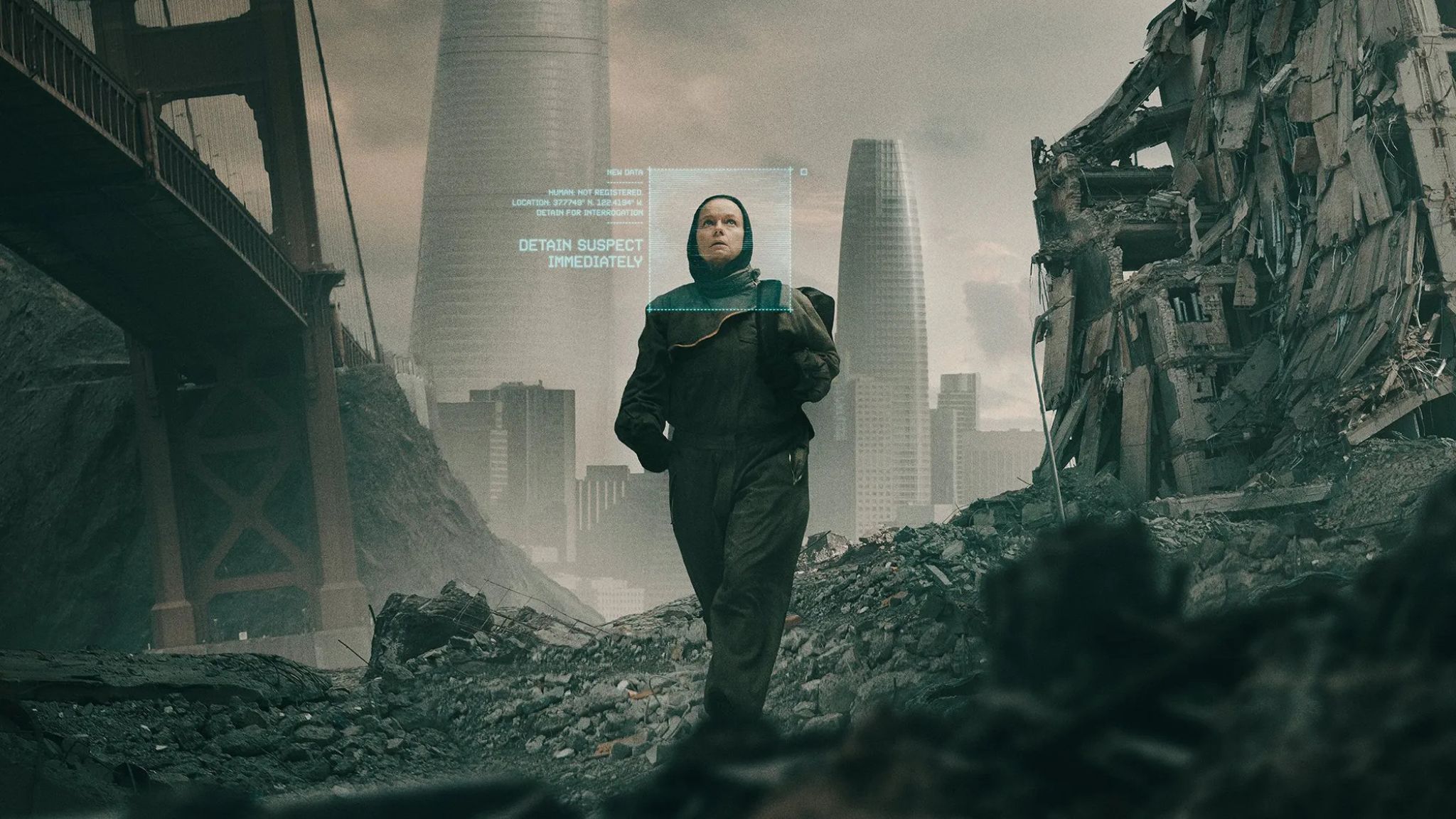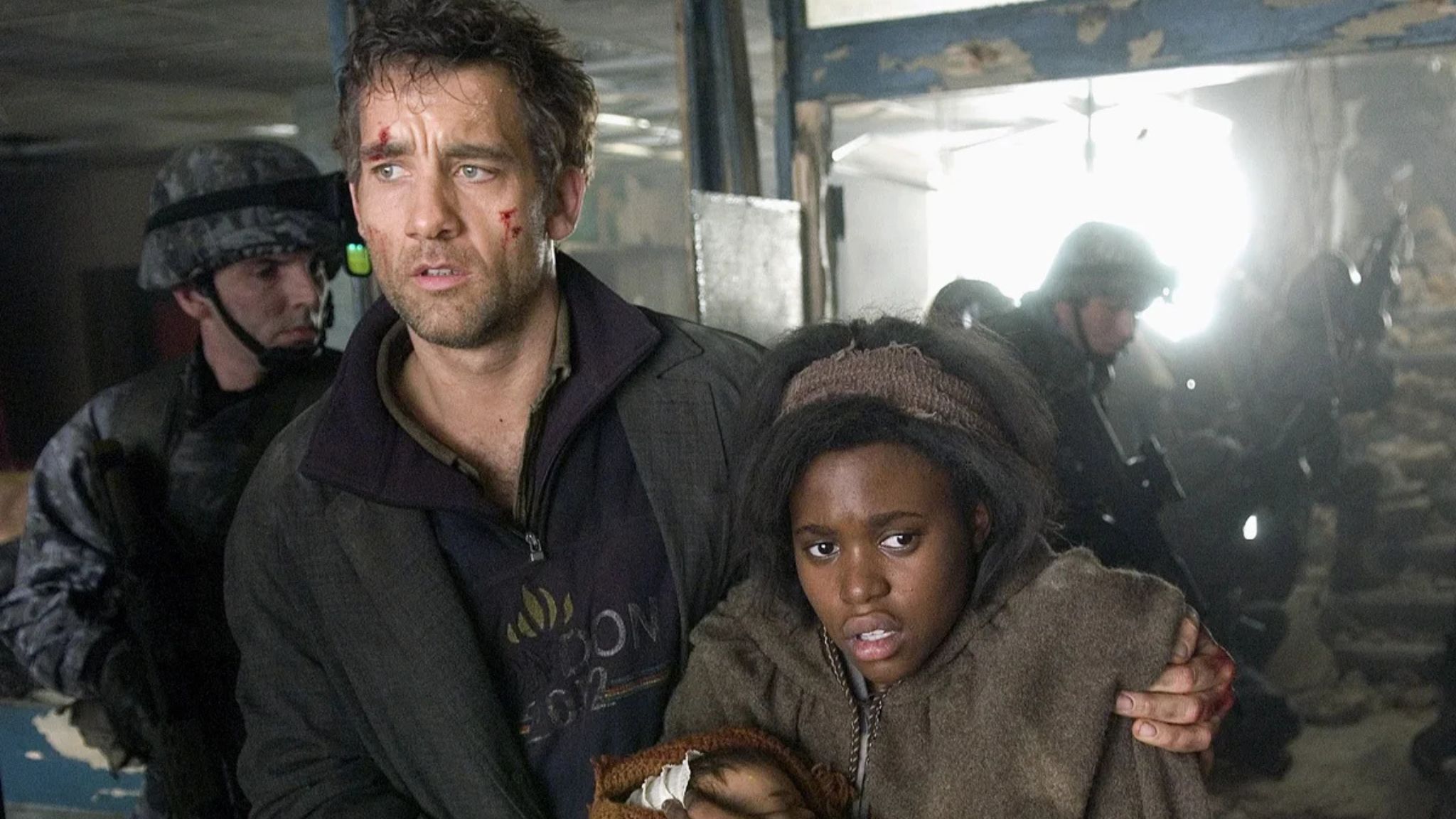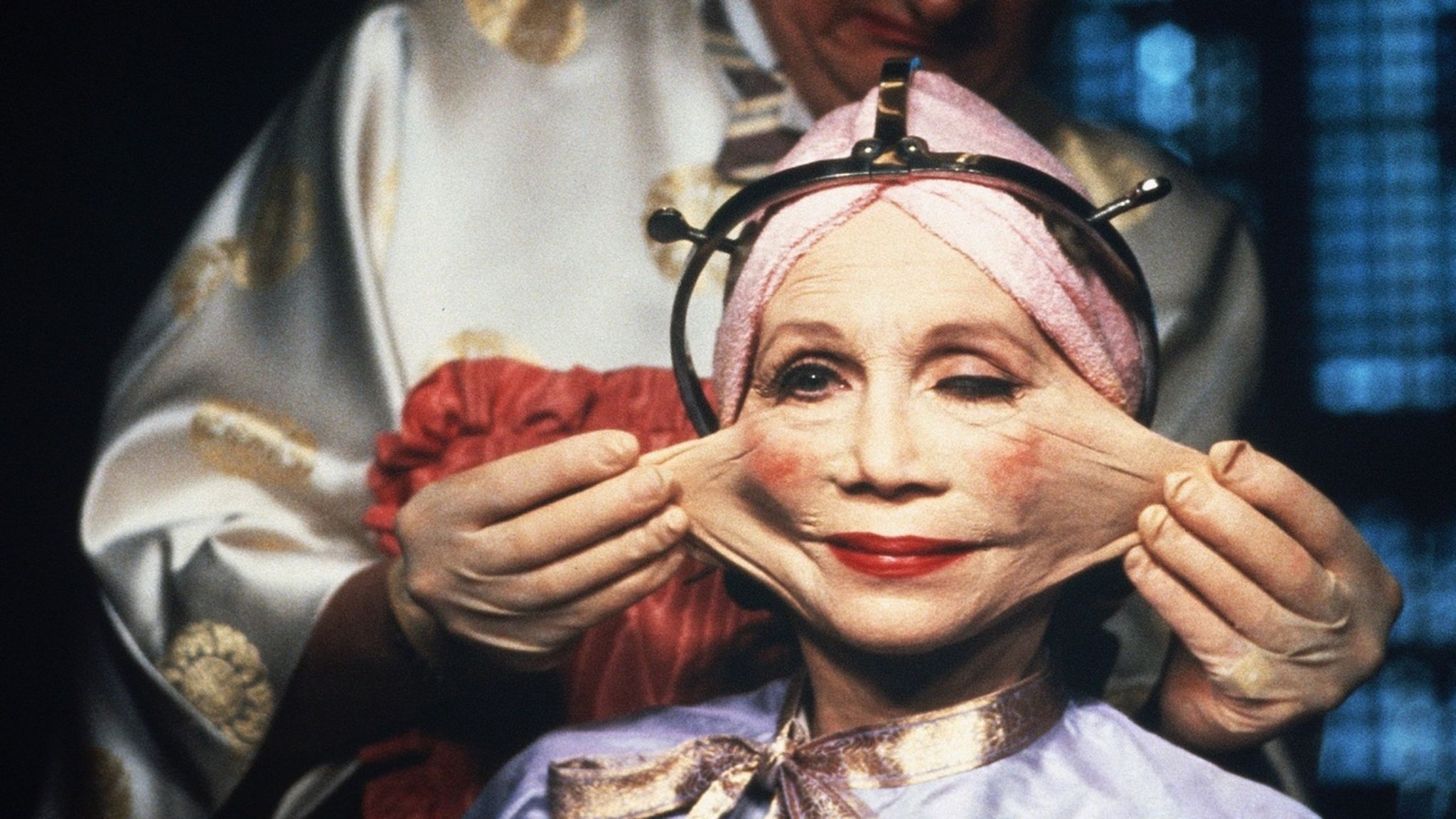
Science fiction often takes us on journeys to distant galaxies or shows us futures filled with technology that seems impossible. However, stories set in dystopian worlds have a special, sometimes disquieting influence within this genre because they reflect our deepest concerns about freedom, power, and the direction we’re heading in. Asif Kapadia’s new film, 2073, fits perfectly into this tradition. It first premiered at the Venice Film Festival before being released on Max. The film 2073 deals with current global worries and directly confronts the disturbing realities of democratic decline and the rise of authoritarianism worldwide. Unlike fantasies set in distant times, 2073 presents a clear, cautionary vision based on contemporary concerns, offering an urgent examination of where our present course might lead if left unchecked.
2073’s exploration of a deteriorating democracy calls to mind other potent dystopian stories. Here is a compilation of seven crucial sci-fi movies delving into topics such as oppressive governments, extensive monitoring, and mankind’s resilience in the face of insurmountable adversity.
Children of Men

Alfonso Cuarón’s 2006 movie, titled “Children of Men,” immerses viewers in a dystopian 2027 where mankind is on the brink of extinction due to two decades of global infertility. The collapse of societal structures is evident worldwide, yet the UK remains functional, imposing its boundaries ruthlessly through a heavily militarized police force and bleak refugee camps. Clive Owen portrays Theo Faron, a disillusioned ex-activist drawn into a perilous undertaking: protecting Kee (Clare-Hope Ashitey), the first woman to conceive in many years. Their journey across a deteriorating landscape highlights the film’s examination of oppressive regimes driven by crisis and the brutal treatment of marginalized communities.
For audiences uncomfortable with the political decline and authoritarian reactions portrayed in “2073”, the film “Children of Men” provides a compelling, realistic depiction of how quickly liberties can be undermined when society is fearful. Moreover, it represents its future setting with a documentary-like realism, similar to that seen in “2073”.
V for Vendetta

In the chilling future portrayed in the movie “V for Vendetta,” based on the graphic novel by Alan Moore and David Lloyd, Britain is governed by Norsefire, a strict and oppressive fascist regime. Surveillance is all-encompassing, media broadcasts are state-controlled propaganda, and any behavior that deviates from the norm is met with severe reprisals. Opposing this suffocating system is V (played by Hugo Weaving), a captivating anarchist wearing a Guy Fawkes mask who uses dramatic violence to ignite rebellion. He recruits Evey Hammond (portrayed by Natalie Portman), a young woman victimized by the state, into his rebellious movement.
In simpler terms, “V for Vendetta” offers an insightful portrayal of a dystopian society like the one depicted in “2073,” serving as a cautionary tale against fascism. It vividly illustrates the workings of totalitarian rule and delves into the fight for freedom, thereby making its messages about resisting oppressive regimes strikingly contemporary.
Gattaca

1997’s movie “Gattaca” portrays a future in which genetic engineering shapes social class, providing an alternate form of societal control compared to the political emphasis seen in “2073”. In this world, society is segregated between the genetically superior “Valids” and the naturally born “In-Valids”, who experience widespread prejudice.
In the movie titled “Gattaca“, Ethan Hawke portrays Vincent Freeman, a non-valid individual harboring ambitions for space travel – an opportunity exclusive to “Valids”. To realize his dream, Vincent adopts the persona of Jerome Morrow (played by Jude Law), a paralyzed Valid, all while dodging the ever-present danger of being exposed due to intense genetic scrutiny. Directed by Andrew Niccol, “Gattaca” skillfully delves into themes of prejudice and biological destiny. It offers a haunting perspective on how invasive surveillance and social segregation, common dystopian aspects, can have profound personal implications.
District 9

Neill Blomkamp, as director, presented a distinctive science fiction perspective in 2009’s District 9. By using aliens as a metaphor, he addressed issues that resonate with contemporary society, particularly those concerning how we treat individuals considered ‘different.’ The story unfolds in an alternate future Johannesburg following the arrival of a giant alien spacecraft, leaving its weakened inhabitants confined to a segregated district known as District 9. Labeled derogatorily as “Prawns,” these extraterrestrials suffer from exploitation and mistreatment at the hands of the government and the powerful corporation, MNU.
In District 9, Sharlto Copley delivers a remarkable portrayal as Wikus van de Merwe, initially a MNU bureaucrat who unintentionally comes into contact with alien biotechnology. This transformation leads him to live as a fugitive and ultimately join forces with the beings he previously oppressed. District 9’s powerful metaphor for apartheid, xenophobia, and human rights abuses resonates deeply with contemporary fears of growing intolerance and institutionalized discrimination.
Minority Report

Steven Spielberg’s 2002 film adaptation of a Philip K. Dick story titled “Minority Report” delves into the timely topics of surveillance and power control, which align with the investigation of dwindling liberties in the year 2073. The narrative unfolds in a future Washington D.C., where murder is almost non-existent due to the PreCrime program. This system allows the police to arrest suspects even before they commit crimes, using insights from psychic individuals known as “PreCogs.
In the movie “Minority Report,” Tom Cruise portrays John Anderton, who heads PreCrime, a law enforcement unit that prevents crimes before they occur based on premonitions. However, he becomes a fugitive when this same system predicts him to commit murder in the future. This forces him to challenge the system’s infallibility, as it seems to prioritize security over individual free will. The film powerfully explores the risks of predictive policing, constant surveillance, and the possibility for distortion within systems built for social control. It resonates with modern concerns about excessive technology use in government, cautioning against overreach.
Brazil

1985’s satirical masterpiece by Terry Gilliam, titled Brazil, presents a grimly humorous perspective on the stifling power of an oppressive regime, serving as a stark contrast to 2073. Despite their differences in setting, both works delve into the recurring themes of control. In this film, Michael Palin-replacing actor Jonathan Pryce portrays Sam Lowry, a government employee of modest rank who seeks refuge from his dismal existence by indulging in grand daydreams within a world submerged in red tape and anxiety. Regrettably for Sam, an unintentional keyboard mistake sets off a chain reaction of unfortunate incidents including false imprisonment, state-approved mistreatment, and bungling law enforcement agencies.
In a creative and humorous manner, Brazil showcases satire and unusual visuals to cast criticism on totalitarianism, consumerism, and the impersonal effects of bloated bureaucracies. Although its style is absurd, the movie’s portrayal of unrestrained government power and the diminishment of individuality offers a distinctive viewpoint on the apprehensions surrounding creeping authoritarianism.
Blade Runner

1982’s groundbreaking movie by Ridley Scott, titled Blade Runner, is a key representation of the cyberpunk genre. It depicts a bleak future dominated by corporate might and ecological devastation, providing an alternative perspective on societal collapse compared to the political emphasis in 2073. The film is loosely adapted from Philip K. Dick’s novel Do Androids Dream of Electric Sheep?, taking place in a dismal, rundown Los Angeles in 2019. Harrison Ford portrays Rick Deckard, a character tasked with tracking down synthetic humans (replicants) manufactured by the powerful Tyrell Corporation.
Blade Runner delves into profound queries about artificial intelligence, recollection, selfhood, and human essence as technology blurs the boundaries, all set against an atmospheric backdrop. The movie’s depiction of a future ruled by unchecked corporations and class divisions serves as a compelling contrast and addition to narratives that solely focus on state authority.
Read More
- WCT PREDICTION. WCT cryptocurrency
- LPT PREDICTION. LPT cryptocurrency
- The Bachelor’s Ben Higgins and Jessica Clarke Welcome Baby Girl with Heartfelt Instagram Post
- Chrishell Stause’s Dig at Ex-Husband Justin Hartley Sparks Backlash
- Guide: 18 PS5, PS4 Games You Should Buy in PS Store’s Extended Play Sale
- Gold Rate Forecast
- SOL PREDICTION. SOL cryptocurrency
- PI PREDICTION. PI cryptocurrency
- Superman Rumor Teases “Major Casting Surprise” (Is It Tom Cruise or Chris Pratt?)
- FANTASY LIFE i: The Girl Who Steals Time digital pre-orders now available for PS5, PS4, Xbox Series, and PC
2025-04-15 19:41